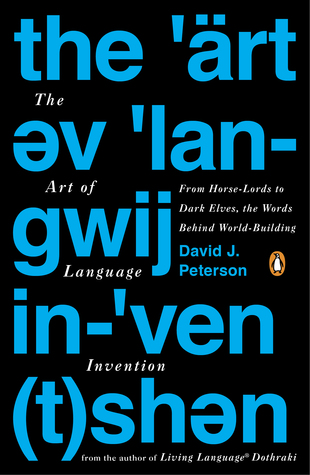The best advice I can give you about conlanging is to purchase this book and read it like the bible.
https://play.google.com/store/books/details?id=YHnMBgAAQBAJ&source=productsearch&utm_source=HA_Desktop_US&utm_medium=SEM&utm_campaign=PLA&pcampaignid=MKTAD0930BO1&gl=US&gclid=CPGg4M-41s4CFQ1XgQodJGACaA&gclsrc=dsThe Art of Language Invention: From Horse-Lords to Dark Elves, the Words Behind World-Building

He goes into great detail explaining the finer points of what make languages realistic, but here are some of the highlights...
Realize that languages don't just emerge out of nothing. All languages (except for conlangs) evolve out of other languages. Do some research about ways languages organically change over time, and consider creating a "proto-language" before you create your final product.
The human mouth is capable of producing many more sounds than you are probably used to recognizing as an English speaker. Realistically, your conlang should utilize at least some phonemes that don't exist in your language and not utilize some that do.
All languages have rules about which sounds are allowed to go next to eachother. For example, in English we are not allowed to pronounce the letter p directly before the letter n. So when english adopted the greek word "pneumonia", we had no idea how to pronounce the first syllable, and simply dropped the p sound, but kept the spelling. (As strange as it may sound to us, the p is actually pronounced in greek. Their phonotactics allow for this consonant cluster.)
Don't just create a vocabulary and apply english grammar rules to it. Find some way to make the grammar of your language unique.
Most importantly... buy the book. I can't stress enough how useful it is.
